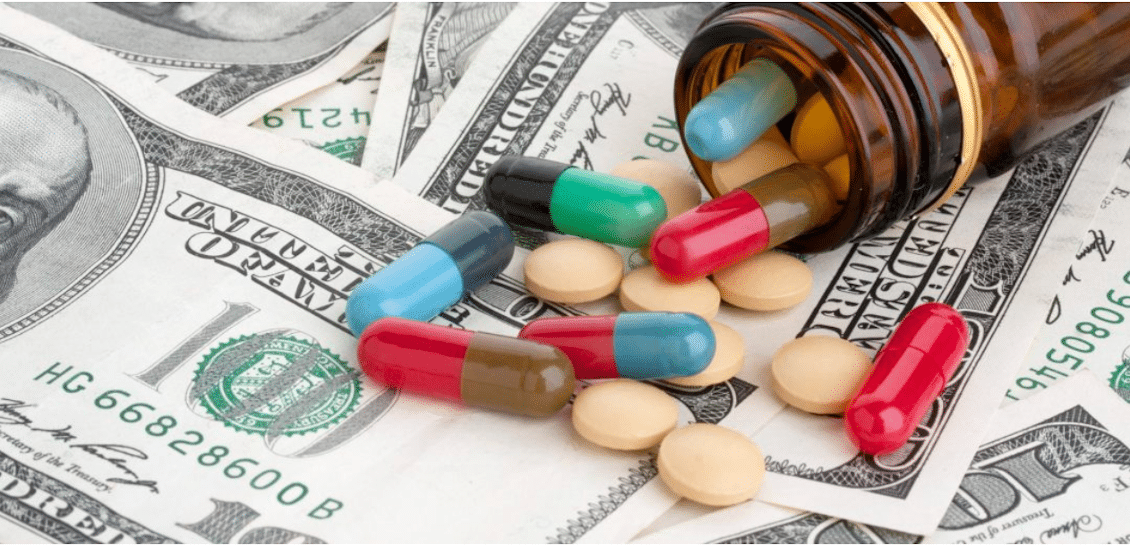
The blockchain development platform LedgerDomain has launched a pilot project for the U.S. Food and Drug Administration on the Drug Supply Chain Security Act (DSCSA) as part of a study. The US pharmaceutical industry could save several million dollars with the help of blockchain technology
The program is part of a comprehensive electronic system for tracking prescription drugs in the USA. The Drug Supply Chain Security Act enacted in 2013 stipulates that by 2023, prescription drugs in the USA must be tracked before they are issued. This is problematic, as the verification of medicines has never been mandatory for US pharmacies. Speaking at the Hyperledger Global Forum, the CEO of LedgerDomain noted that approximately 17 percent of prescription drugs in the US are counterfeit. In addition, he stated that drug screening must be done in real time in order to comply with the new DSCSA standards.
New regulations provide for mandatory verification for all drugs
Currently, DSCSA-compliant verification is rare, but in three years it will be mandatory. Pharmacies will face a massive regulatory burden without a real-time system that allows both individual scans and almost immediate legitimation.
LedgerDomain sees the solution to this issue is blockchain technology and has joined forces with the company UCLA Health. UCLA Health is a leading medical center that includes a number of hospitals and a comprehensive primary care network in the Los Angeles region. The company is comprised of five different pharmacies and over 200 clinics. Together, the two companies now intend to adapt the hospitals to the DSCSA requirements.
Real-time reporting on the transport route as well as on the legitimacy of the drug
In the pilot project, for example, the extended requirements for parcel tracking should be tested. Using LedgerDomain’s mobile application “BRUINchain”, UCLA Health was able to track the prescription drug Spinraza. BRUINchain is a Hyperledger Fabric based application that uses the blockchain to track drugs in transit while simultaneously checking the legitimacy of the drug with the manufacturer. The system also provides real-time reporting on the inventory count of each site within the UCLA pharmacy system.
Enormous savings potential for the US pharmaceutical industry
The requirements of the BRUINchain system only include a one-time scanning of pharmaceutical packages using a correctly formatted 2D barcode. The fact that only a single scan is responsible for the entire process could save the US pharmaceutical industry around 180 million dollars in labor costs annually. With the accurate information obtained from the blockchain, pharmacies could continue to reduce their safety stock levels, saving an additional $3.5 billion per year. However, implementing this solution would also be very costly; simply implementing the system at all of UCLA Health’s medical supply points would cost around $5 million annually.
* Originally published in German at CVJ.ch

